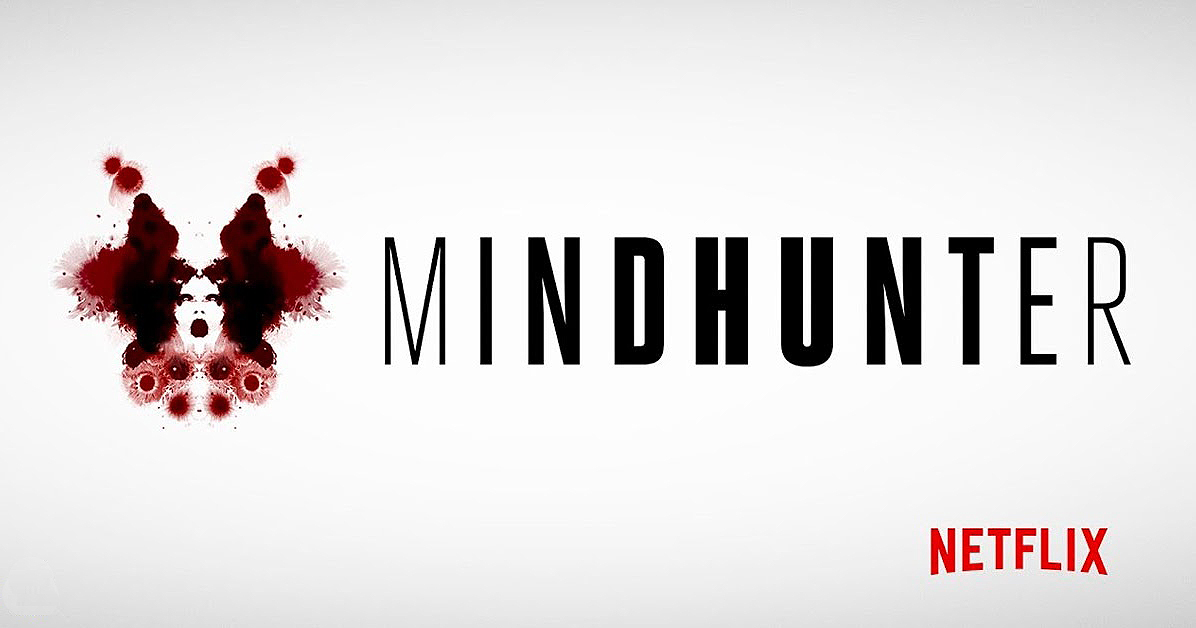Yesterday I was invited at the Rotman School of Management’s Business Edge program for mentoring the current cohort during the Informational Interview BootCamp. It was my pleasure to enlighten the cohort since I’ve heavily invested in using this tool for networking within my industry and I have managed to make some awesome connections. Through the Business Edge program I also get to work with a diverse batch of internationally educated alumnae who bring their varied industry experience from all parts of the world! It’s always a pleasure to be invited back to the program as a graduate and today was one such special day. The format of the BootCamp matches individual professionals with a program graduate based on their future career interest & line of work.
The BootCamp, which is held once for every cohort at the Rotman campus, brings together a varied blend of experienced graduates from Business Edge’s fine legacy and lends a no-risk-no-obligation opportunity to practice the principles of informational interviews. This was also a great setting for me to meet my fellow graduates from past cohorts – or as I call it, networking within a diverse network. This is also that occasion when I get to mingle, meet, and to share my aspirations and career learnings one-on-one with the illustrious Rotman faculty, especially Sabina and Val. To put it all in a nutshell, yesterday was a memorable day for me!


